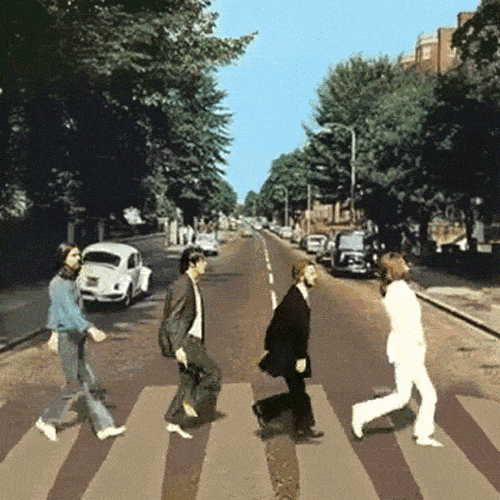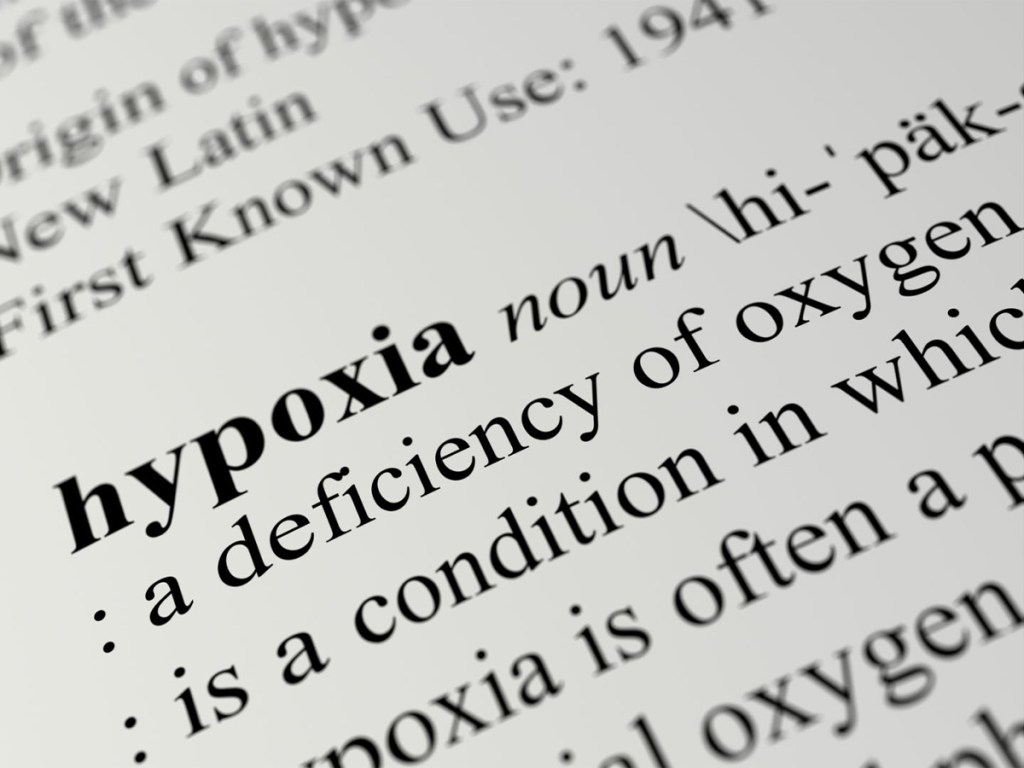A study conducted on cardiovascular mortality in US adults found the steps taken on daily walks had major effects upon health and longevity. What was unexpected perhaps is the actual numbers necessary to gain maximum benefits.
We’ve all heard, walking is good for our health. Maybe you were told 10,000 or even 15,000 steps a day. There are plenty of tech toys and apps to keep us on track, meeting our daily step goals. However, the number of steps they’ve been marketing is more than actually necessary.

A study published in BMC Public Health conducted in a joint effort by Yale University School of Medicine and Central South University, found that 8,250 steps was only required to gain over-all longevity and health. A total of 9,700 steps was a perfect amount for heart health. The study wrote, “…mortality risks decreasing substantially at daily step counts below 8,250 and 9,700 steps per day for all-cause and cardiovascular mortality.”
Helpful analysis
That’s a considerably smaller number than the suggested lore of 10,000 steps. Keeping in mind the distance covered by those 300 steps for the average human equals about a football field.
One very important conclusion from the study follows the ‘law of diminishing returns,‘ meaning by increasing a single factor of production (walking) has incrementally smaller affects on output (health.) That once those needed steps were met, the value in walking further was minimal. The trending upward curve found in taking the steps to make healthy gains flattened out after the 8, 250 footsteps.

The sweet spot for your daily walks
It’s important to note that the study was very clear daily walking has a massive affect upon our health. In the studies conclusion it stated, “…that even moderate increases in daily steps can substantially reduce mortality risk.”
With more sedentary lifestyles due to the advancements of technology, most of us aren’t out hunting down our daily nutritional needs, exercise is critical to physical and emotional health. Outside a quick jaunt to the grocery store, it’s easy to find ourselves locked in a chair and cubicle staring at a screen all day.
A quick refresher on the why
Plain and simple, if you are minimally active and incorporate any form of exercise, the advantages are monumental. According to The National Institute on Aging, there are 3 basic types of exercise: aerobic (cardio), muscle-strengthening (resistance and strength training), and balance (stability and coordination.) Being active not only delays death, but slows or worse case, manages chronic disease.
Dr. Mahathir Mohamad, who just turned 100 July 12, 2025, credits his longevity to physical activity. He’s quoted in Times Entertainment as saying, “You have to remain active, sit down, and just do nothing that is bad for your health.”
Final Thoughts

If you want to live longer and feel better, it’s a scientific must. The good news is that any little bit helps. The amount necessary is probably way less than you’ve been told. You don’t have to run a marathon, hike Everest, swim the Atlantic Ocean, or bench press 300 pounds to prove to anyone you’re a fit guru.
How about we all start proving to ourselves we care about our lives and want to feel better. That’s more than good enough.
















